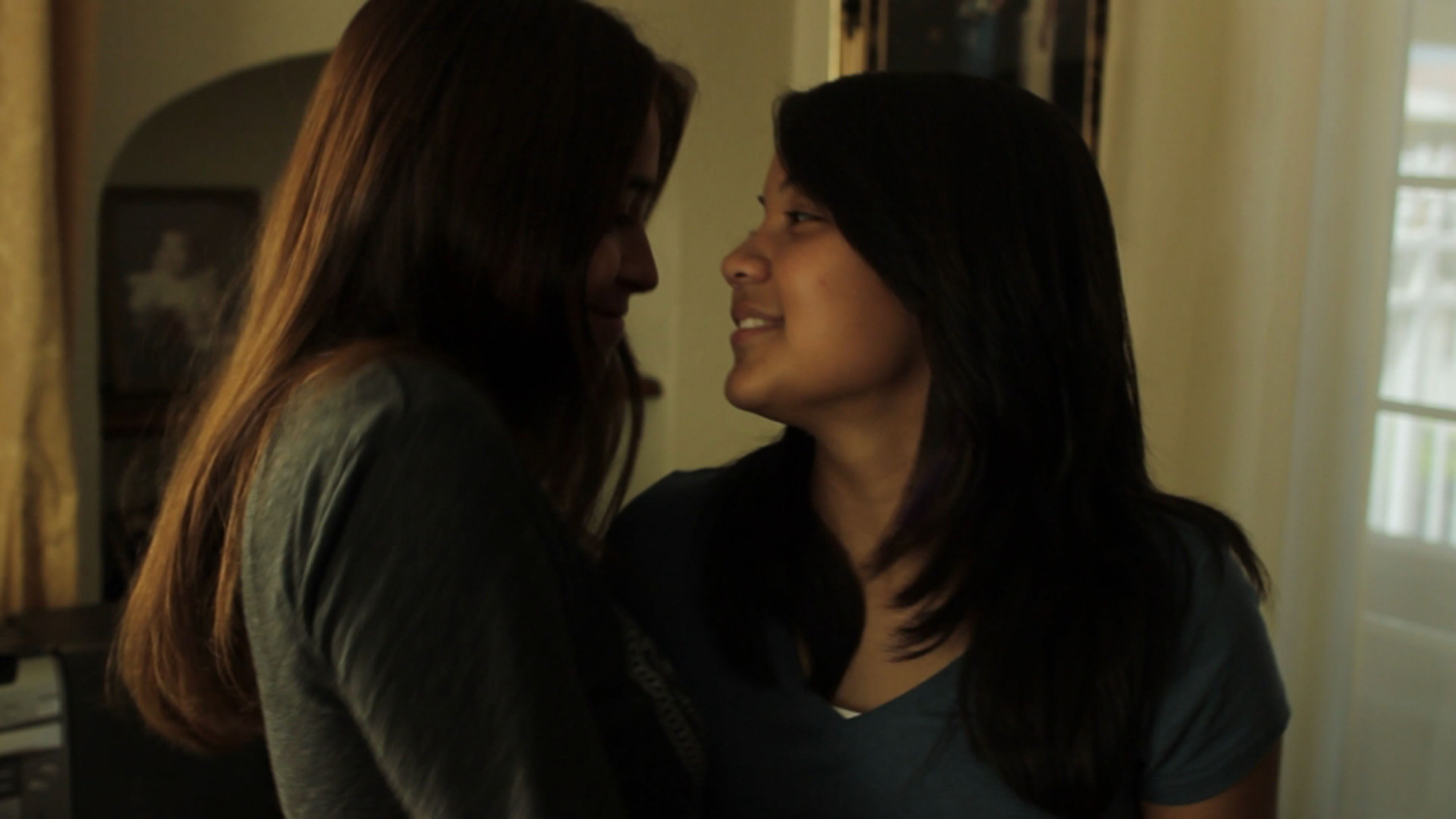
While it seems like some people in the class enjoyed Gregg Araki's Mysterious Skin, the rest were thoroughly disturbed and wondered why we were watching a film like that for an academic course. Personally, I think I fall somewhere in the middle. I probably wouldn't watch this movie again, yet it was hard for me to look away the whole time it was playing.
The film's flashback sequences and even some of the more intimate present-day scenes made me feel like I was intruding on the characters' lives and seeing things that should be private, despite the fact that the story was fictional. There's an inherent voyeurism in viewing any sort of film or video, but I think the taboo topics of pedophilia and prostitution in Mysterious Skin made it especially weird to watch. Still, like I said earlier, I couldn't take my eyes off the screen. This is probably partly due to the film's nostalgic feel, showing us both the 80s and the late 90s in small town America. I was also very intrigued by the sexual dichotomy between Neil and Brian. While Neil was completely aware of what the coach did to him when he was a child and turned out to be a hypersexual young adult, Brian blocked out the memories and even went as far as believing aliens were responsible.
To sum up, Mysterious Skin probably isn't a movie I'll be revisiting, but the experience of seeing it definitely gave me a lot to think about. The way that it tracked the development of the two main characters from boyhood to adulthood was reminiscent of many coming-of-age stories, but this one harnessed nostalgia and Americana to explore sexual assault and its effects in a way that captured my full attention.




